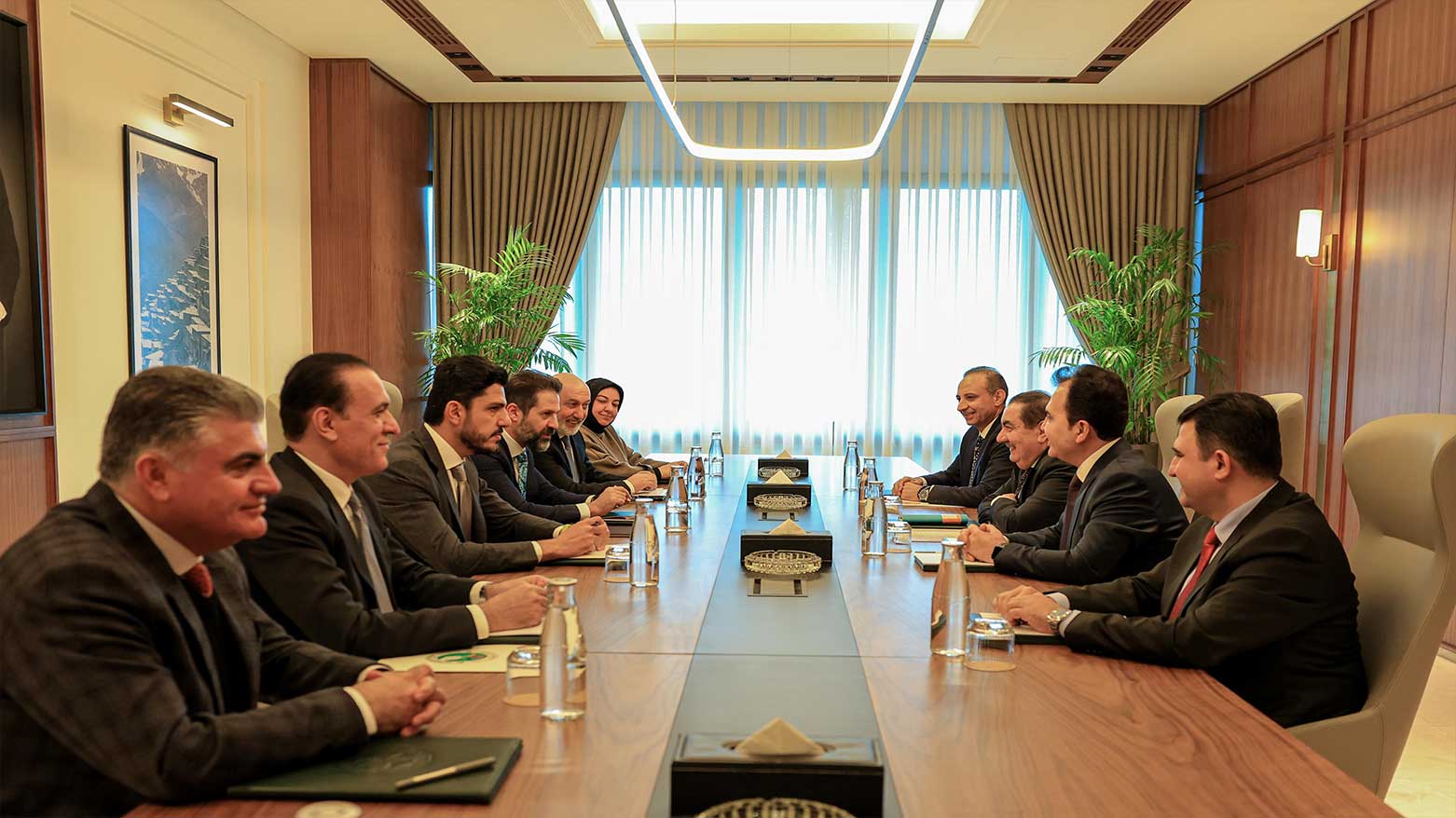KDP and PUK Negotiations Continue in Sulaymani to Resolve Political Disputes
The discussion also examined the committee’s findings, with both delegations providing their insights and recommendations on the political roadmap.

ERBIL (Kurdistan24) - The Kurdistan Democratic Party (KDP) and the Patriotic Union of Kurdistan (PUK) held a crucial meeting in Sulaymani on Saturday, to discuss political cooperation and mechanisms for forming the new Kurdistan Regional Government (KRG) cabinet.
According to a joint statement of the two ruling parties, Saturday’s meeting was dedicated to reviewing and deliberating on the KDP-PUK joint committee’s report, which addressed key political developments, governance matters, and steps necessary for establishing the next KRG cabinet and related institutions.
The discussion also examined the committee’s findings, with both delegations providing their insights and recommendations on the political roadmap. A key focus of the talks was determining an appropriate mechanism for resolving outstanding issues and reaching mutual agreements on critical matters.
Both parties emphasized their commitment to continuing negotiations to foster greater understanding and develop a mutually agreed-upon roadmap in the interest of the Kurdistan Region’s citizens.
The Kurdistan Region’s two dominant political forces, the KDP and PUK, have historically shaped the political landscape of the region. Their relationship has often been marked by both cooperation and tensions, particularly over governance structures, resource management, and security arrangements.
The ongoing negotiations come amid efforts to form the 10th KRG cabinet following regional elections and broader political shifts. Previous deadlocks have delayed the formation of a unified government, underscoring the need for continued dialogue and consensus-building.
The Kurdistan Region remains a key player in Iraq’s political and economic framework, with its stability and governance model impacting not only domestic affairs but also broader regional dynamics. The outcome of these negotiations is expected to influence the region’s political future, shaping governance policies and the KRG’s approach to both internal and external challenges.